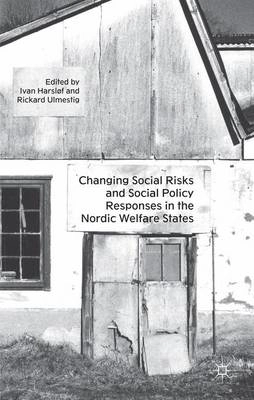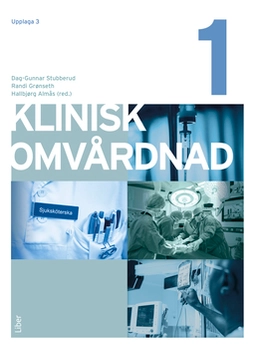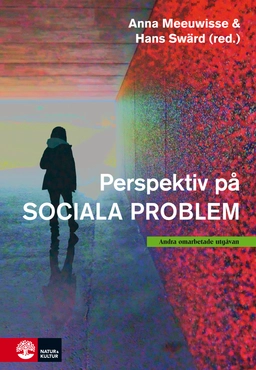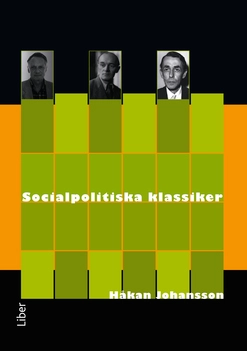

Changing social risks and social policy responses in the nordic welfare states
- Utgiven: 2013
- ISBN: 9781137267184
- Sidor: 295 st
- Förlag: Palgrave Macmillan
- Format: Inbunden
- Språk: Engelska
Om boken
Åtkomstkoder och digitalt tilläggsmaterial garanteras inte med begagnade böcker
Mer om Changing social risks and social policy responses in the nordic welfare states (2013)
2013 släpptes boken Changing social risks and social policy responses in the nordic welfare states skriven av Ivan Harsløf, Rickard Ulmestig. Den är skriven på engelska och består av 295 sidor. Förlaget bakom boken är Palgrave Macmillan som har sitt säte i London.
Köp boken Changing social risks and social policy responses in the nordic welfare states på Studentapan och spara uppåt 28% jämfört med lägsta nypris hos bokhandeln.
Referera till Changing social risks and social policy responses in the nordic welfare states
Harvard
Oxford
APA
Vancouver



















